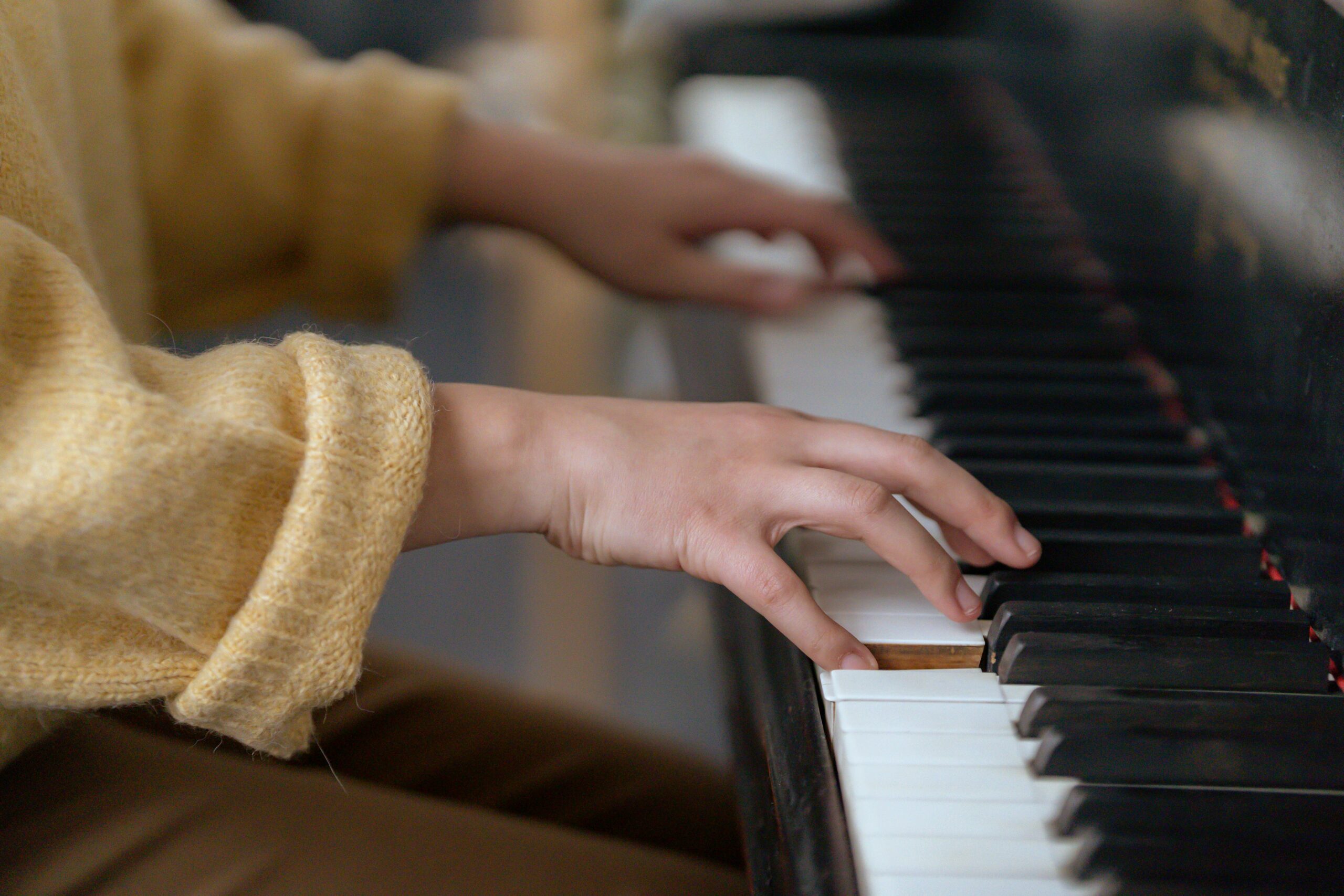Does your child’s interest in music seem to be fading compared to when they began taking lessons? Are your efforts to get them to practice becoming frustrating and mostly met with tears and tantrums? Are you constantly looking for tips on how to musically motivate your child?
Music is a lifelong gift to your child. It has many benefits, including increasing mindfulness, helping with brain development, enhancing academic achievement, building confidence, growing social skills, and creating an empowering sense of personal enrichment.
However, children can easily get distracted, lose interest, stop practicing, or want to quit music altogether. Parents need to find different ways to nurture their children’s musical passion while keeping them motivated.
Tampa Music School General Manager Rocco Yeingst shares fun and effective strategies to get your child to practice, the importance of practicing, and the important signs of burnout.
Why is practicing important? How much time is a good amount would you say?
Practicing helps to build the muscle memory that is needed to master each skill learned. If a student practices at least 30 minutes a day, rather than 2 or 3 hours on only one day, that student will advance much faster because they are taking the time to build that muscle memory.
Why might a kid not want to practice an instrument?
Identifying what’s affecting your child’s lack of motivation is the first step toward finding a solution. Several factors can cause a child to lose interest in music, including:
- The student may be tired from their day-to-day activities. Having too many activities on their plate can leave your child feeling tired, with no motivation to practice. Also, if your child lacks a specific space to practice and is constantly distracted by their siblings, TV, or friends, it can cause them to lose interest in practicing.
- The student may not be interested in the piece they are practicing or, more broadly, the student doesn’t really want to play their instrument.
- The student may be expecting fast results. Learning music is a process that involves overcoming challenges. Your child might become frustrated, especially if hours of practice seem to yield no progress. Children can be quickly disappointed by slow progress.
What advice do you tell parents when they say their kid doesn’t want to practice their instrument?
I always ask if their instrument is set up, ready to go, in an area where they will see it. If the instrument is out of sight, it is usually out of mind, too.
What are fun and/or effective strategies to encourage practicing?
- If the student watches TV with commercial breaks, instruct the student to use that time to go through their piece, scale, or finger pattern. Utilizing those few moments can go a long way and doesn’t take much effort.
- If they seem to not like the types of pieces they’re practicing, find music your child likes. If they like Taylor Swift, have them practice a Taylor Swift piece.
- Set practice goals. Work with your child to set goals for each practice session, such as playing a series of bars without making mistakes. You can even use a practice app to help track goals and achievements!
- Help your child to set aside dedicated time each week to practice. Working with them on creating a consistent schedule will aid them in music, school, and life!
- Always praise efforts, not talent. Instead of focusing on the end results or the talent displayed, it is more effective to praise the efforts your child keeps putting in.
When should you consider having your kid switch instruments?
If a child expresses interest in switching instruments, have them do a trial lesson on the instrument that they are interested in. If they love the lesson, make the switch. It is always possible to switch back if it doesn’t work out the way they had hoped. Many musical skills transfer from instrument to instrument!
When should you throw in the towel and have them at least pause music education?
If the student is no longer interested in coming to lessons, that is a good sign they are not having fun anymore. It is important to get to the bottom of why they don’t want to come. It could always be as simple as an instructor change. It is important to note that not every student/teacher combo will be the best fit, no matter the teacher’s credentials.
Any final words of encouragement to parents?
Children often get bored quickly, and their interest is likely to reduce with time. However, a parent’s consistent support and encouragement go a long way in keeping up motivation levels. Take time to listen to your child’s concerns and help them find creative solutions. Recognize that musical success requires the engagement of both parents and students, and that your encouragement and support can go a long way! If you make your child aware of the long-term benefits of music and show how much you appreciate it, this can make a world of difference in your child’s experience.









